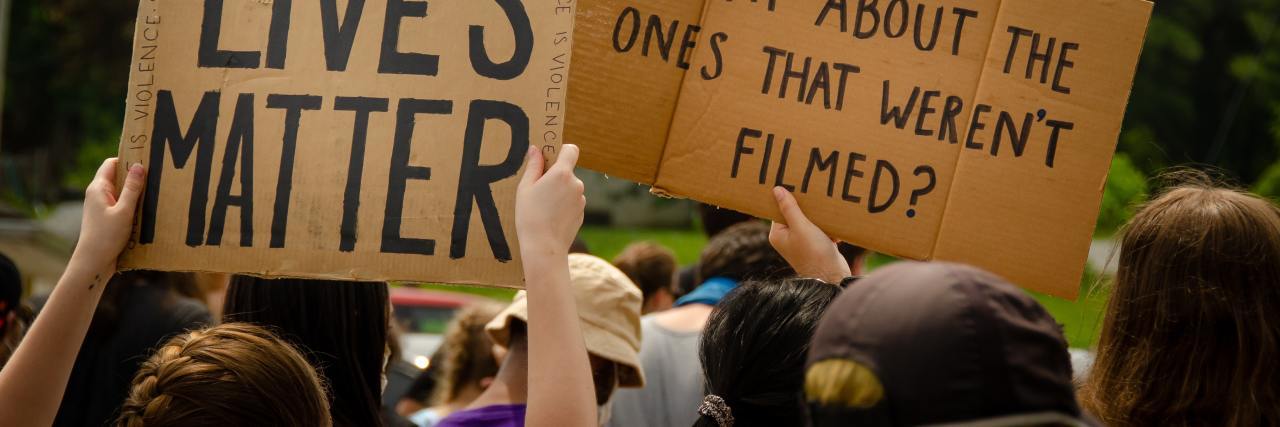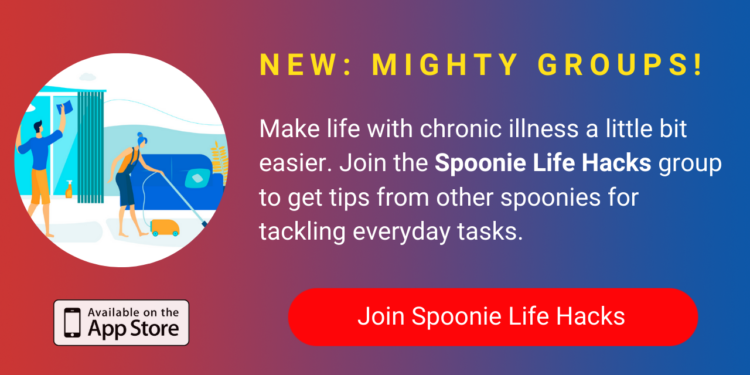Activism Is a Marathon: Keeping Momentum (and Your Chronic Illness) in Check
Our current reality and the actions, decisions and efforts we are making are a marathon and not a sprint. Much like life with chronic illness, anti-racism is something that will be an uphill battle day in and day out. You don’t receive an inflammatory bowel disease (IBD) diagnosis and educate yourself and manage your disease for two weeks and think the work is done. You are forced to evolve, learn and see the world through a different lens, while adapting to a new normal.
The racism that is a part of this country is not going to be eradicated by two weeks of social media posts and protests. But, each genuine and heartfelt decision from here on out has the power to make a huge change. By speaking up and not standing down. By recognizing your own privilege. By standing arm-in-arm with your peers who have suffered in silence for far too long.
Dealing with the overwhelming fatigue
Fatigue is heavy when you battle Crohn’s and ulcerative colitis, regardless of the current climate in the world. When you couple months of COVID-19 with visibly seeing the divide in our country and all the work that needs to be done, it’s overwhelming. Don’t burn yourself out, don’t feel like you aren’t able to keep up, don’t compare yourself to others.
In recent weeks, I’ve seen countless IBD patients apologizing for sharing their health struggles. I’ve seen people in hospital beds saying sorry for needing support as they head into surgery, start a biologic or come to terms with their diagnosis. I’ve heard from people feeling guilty for needing a break from social media because the stress and worry is a trigger for their illness.
Chronic illness doesn’t take a break. Chronic illness thrives in conditions when we stop managing it and don’t make our health a priority. Chronic illness doesn’t care if there’s a pandemic going on around the world or a Black Lives Matter protest in your city you want to be a part of.
Related: 11 Ways to Support Black Lives If You Can’t Go to a Protest
It’s OK if you need to focus on you and your IBD. It’s uncomfortable seeing how divisive this world can be and the hurt so many of our friends and family face just for the color of their skin. If you’re like me, it’s made me question and rethink how I’ve navigated race all my life. I have black friends from high school I just started having race conversations with now. I am 36.
I have black peers in the IBD community who bring tears to my eyes with their pleas for support and I have great admiration for them using their voices and platforms to make a change and paint a clearer picture for the rest of us.
I’ve started changing what I choose to watch on Netflix. We’ve watched “Dear White People” and “13th” after putting our kids to bed this week. We tuned in for the Sesame Street Town Hall on CNN about racism, even though our children are young. It’s never too early to start the important conversations with your family. I’ve started researching books with black protagonists for my kids that also discuss racism, after looking through their bookcase and realizing we only have two books with black characters.
Here are some recommendations I’ve received:
- “A Boy Like You”
- “Love”
- “The Skin You Live In”
- “The Day You Begin”
- “The Snowy Day”
- “Good Morning, Superman”
- Netflix cartoon: “Motown Magic”
Don’t burn yourself out
At the same time, we all, including myself, have a lot of work to do. This momentum, this energy and this dedication is going to be challenging to sustain. We don’t want to burn out. We can’t put our IBD on the back burner. It’s up to us to realize when we need time to focus on our health and when we can use our voice and our heart to make a difference.
If you’re feeling more symptomatic from the stress of these eye-opening and challenging days, give yourself permission to take a break from social media and the news. Your health and well-being come first, and you don’t need to feel guilty for that. If you are desperately wanting to participate in protests but worry because you’re immunocompromised and in danger of getting COVID-19, that’s understandable. Your work and your effort can be done safely at home.
You can be an ally. You can be a friend. You can be a patient. That priority list can be fluid and ever-changing. Take care of others, but always remember to take care of yourself.
Follow this journey on Lights Camera Crohn’s.
Photo by Jeff Ackley on Unsplash


